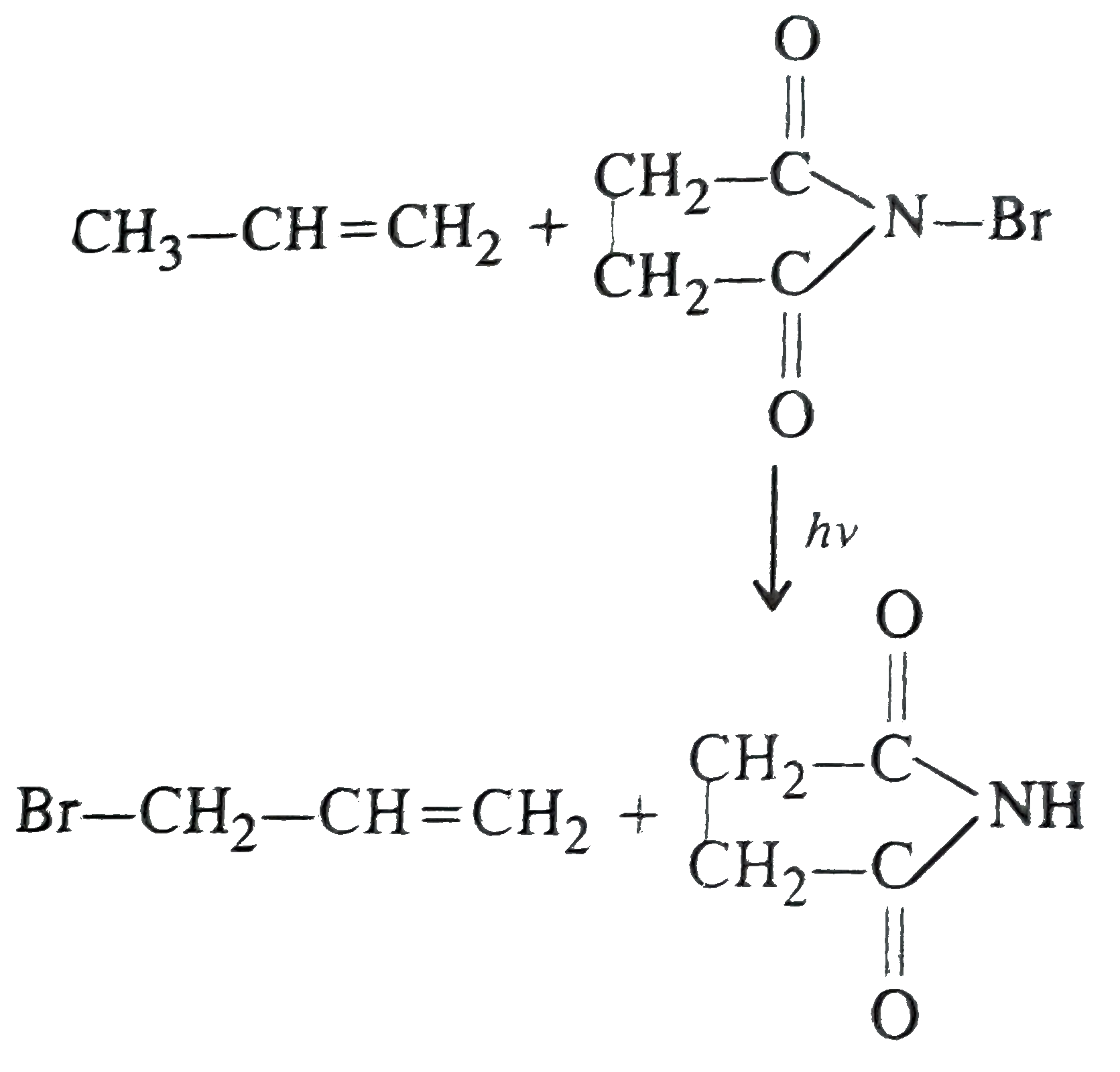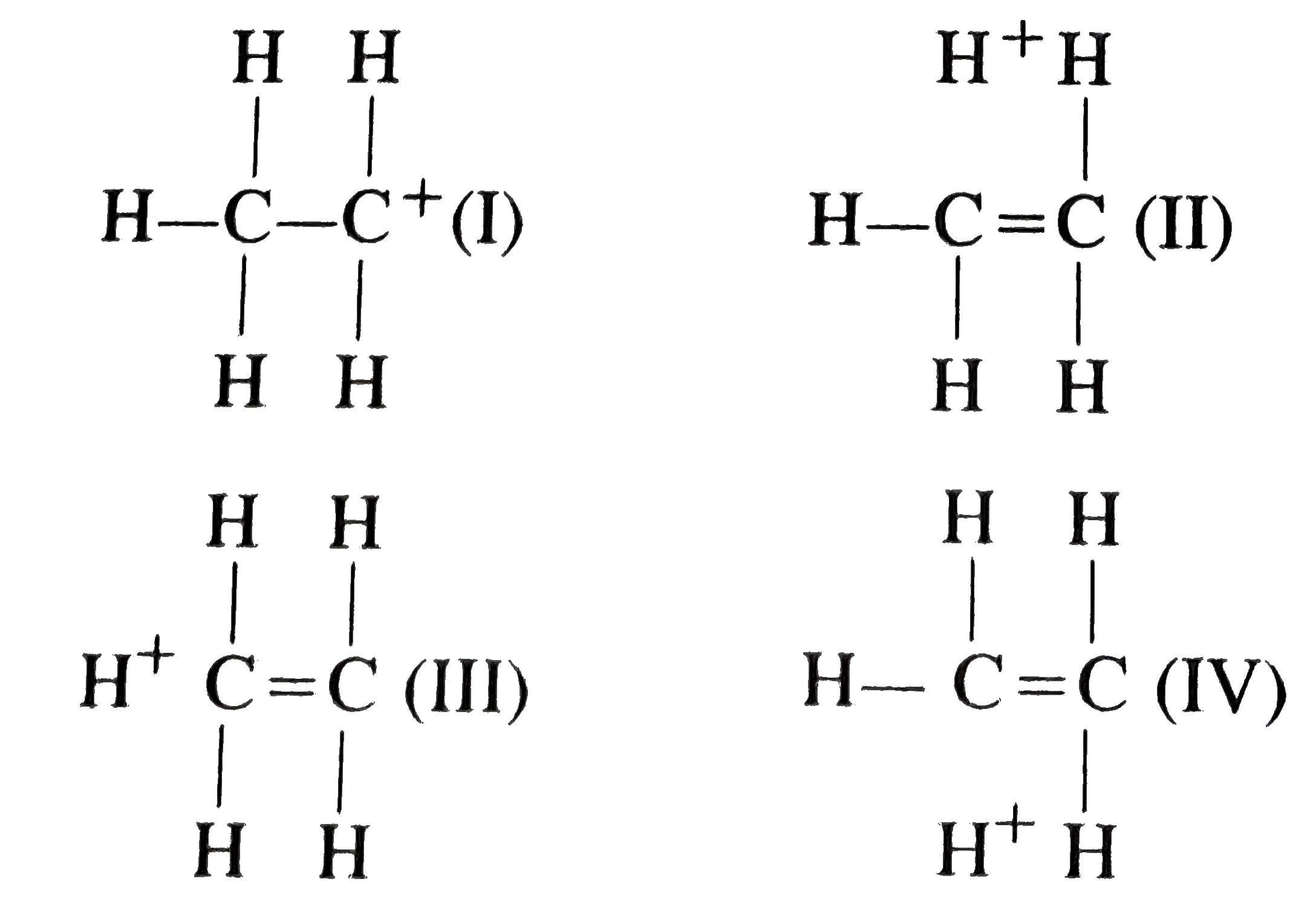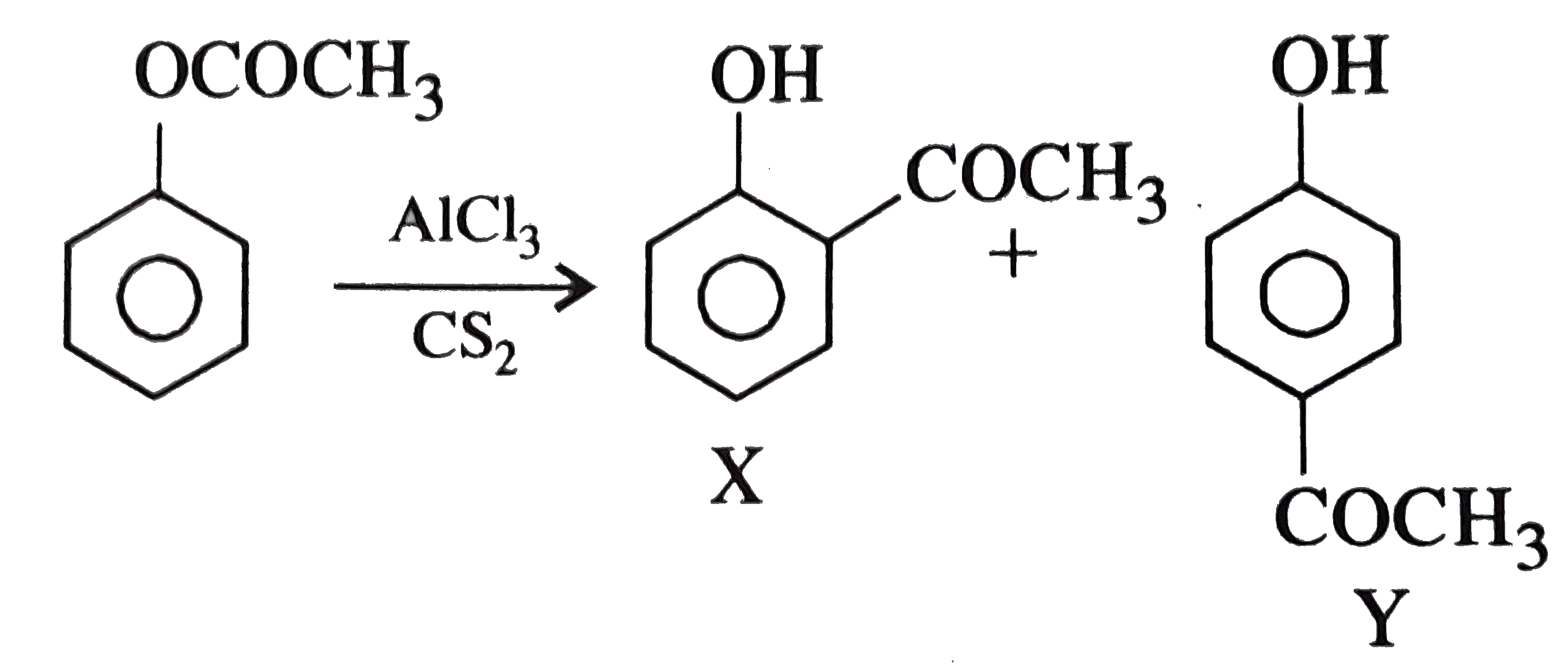Complete Solutions to BRAIN TEASERS - 10 of chapter ORGANIC COMPOUNDS WITH FUNCTIONAL GROUP CONTAINING HALOGENS of Class 12 book with complete answers and questions
| Class 12 | CHEMISTRY |
| Chapter | ORGANIC COMPOUNDS WITH FUNCTIONAL GROUP CONTAINING HALOGENS |
| DINESH OBJECTIVE CHEMISTRY | BRAIN TEASERS - 10 |
| Number Of Questions | 40 |
| Academic Year | 2023-24 |
What is not correct tautomers ?
View SolutionThe IUPAC name of Protocatechualdehyde is
View SolutionWhose name is associated with the introduction of term tautomerism ?
View SolutionWhich of the following reagents will not yield alkene?
View Solutionn-Heptane passed over chromium trioxide supported over alumina at 873 K finally gives
View SolutionWhich statement is not correct ?
View SolutionWhen aqueous solution succinate is electrolysed a gas X is produced along with
View SolutionThe conversion of ethyl methyl ketoxime to N-methylpropanamide represents the example of which of the following type of the following type of organic reaction
View Solution
The above reaction is called
View SolutionWhen propane is allowed to react with diazomethane in thepresence of U.V. radiation, the product formed is
View SolutionEthyl carbocation can be considered as hybrid of the following four structures

The phenomenon associated with above type of the resonance is
View SolutionWhich of the following species is less reactive than benzene towards ring substitution reactions ?
View SolutionDuring bromination of benzene in the presence of
View Solution
The product in the above reaction is
View SolutionMustard gas is:
View SolutionOne of the reactive intermediates of organic reactions contains a divalent carbon surrounded by six electrons but bearing no electrical charge. The species is called
View SolutionWhich of the following compounds will not show geometrical isomerism ?
View SolutionWhich of the following structures does not contain any chiral C atom but represent the chirality in the structure ?
View SolutionThe lowest possible alkene with ethyl group as substituent possess mol. Mass :
View SolutionThe correct order of reactivity of the compounds
(I)
View SolutionThe major product in the reaction
View SolutionWhich of the following reaction does not produce ethyne ?
View SolutionDehalogenation of vicinal dihalides with Zn/alc. Mainly produces
View SolutionAn organic compound with formula
View SolutionAn organic compound with formula
View SolutionThe correct order of reactivity of the compounds
(I)
View SolutionAn aromatic compound
View SolutionConsider the reaction

Choose the correct statement
View SolutionAn organic compound A
View SolutionThe correct name of compound given below is

View Solution
View SolutionThe number of
View SolutionThe two isomeric compounds with formula
View SolutionGiven three compounds X, Y, Z as 1, 2, dimethylcyclohexane (X), 4-methyl cyclopentene (Y) and 3-methylcyclohexene (Z). The number of chiral carbon atoms in X, Y, Z would respectively be
View SolutionWhich compound on
View SolutionWhich of the following compounds on reductive ozonolysis forms only glyoxal ?
View Solution
View SolutionWhich of the following compound on treatment with methanol is potassium methoxide will yield methyl vinyl ether ?
View SolutionThe alkene which will react with
View SolutionAcrylonitrile is given by reagents
View Solution
BRAIN TEASERS - 10 questions and complete solutions for chapter ORGANIC COMPOUNDS WITH FUNCTIONAL GROUP CONTAINING HALOGENS of S DINESH & CO CHEMISTRY (HINGLISH) of Class 12